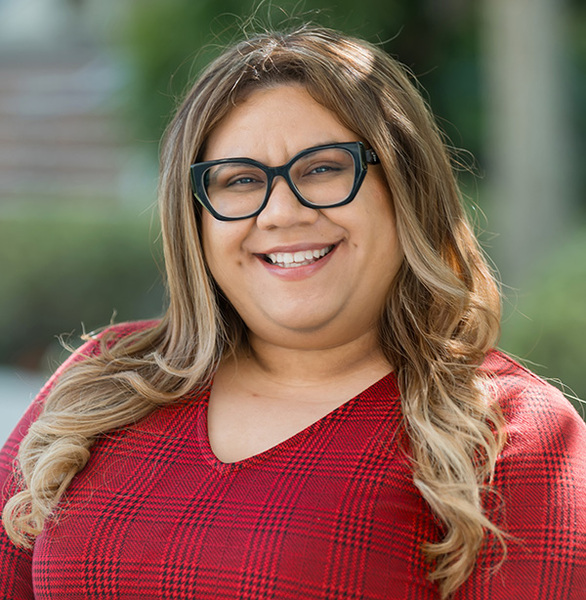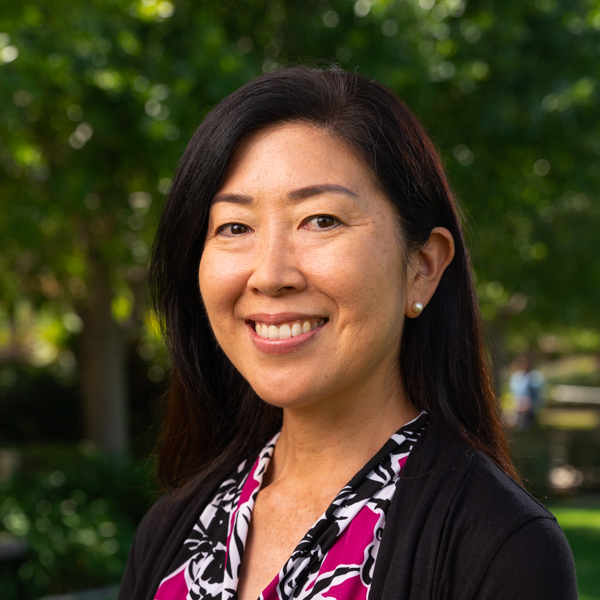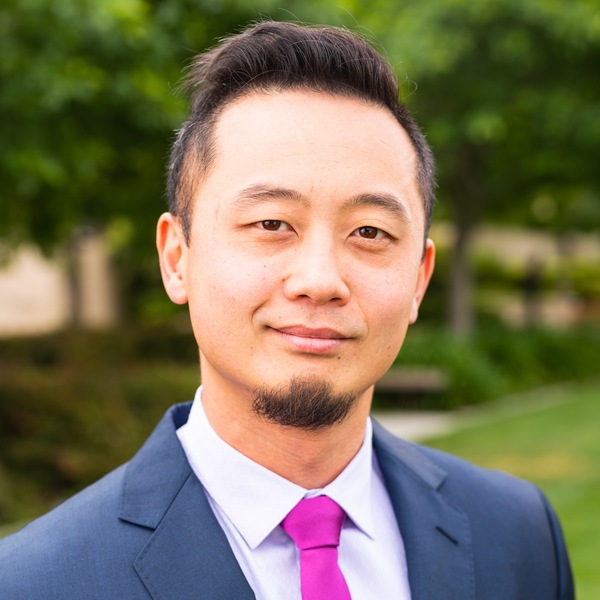M.S. in Occupational Therapy
Overview
Discover a clear path to a rewarding career as an occupational therapist with the M.S. in Occupational Therapy at Biola University. Join a cohort of aspiring Christian occupational therapists on the journey to licensure. Experience deep faith integration while working with the latest in professional equipment housed in our cutting-edge facilities.
Our program equips future occupational therapists with a Christ-centered education integrating theory, practice and leadership. Our M.S. in Occupational Therapy program is designed around five core values that set us apart from the rest:
- Biblical Integration. Immerse yourself in a unique curriculum based on biblical principles and combine your passion for occupational therapy with your commitment to Christian values.
- Hybrid Mode. Enjoy the flexibility of asynchronous learning combined with on-campus labs, offering a more adaptable approach than rival programs. Balance your studies with your personal and professional commitments without compromising quality education.
- Speed to Practice. Accelerate your path to becoming a licensed occupational therapist with our streamlined master’s degree program. This program prioritizes efficiency and affordability, ensuring you enter the workforce sooner and with less financial burden than a combined master's and doctoral program.
- Career Outcomes. Occupational Therapists have a median pay of $96k/year and a booming job market projected to grow by 12% from 2022 to 2032 (Bureau of Labor Statistics). Our program equips you with the skills and knowledge needed to thrive in this dynamic field.
- Take Your Faith to Work. Actively participate in Christ's mission to heal and serve the marginalized and embrace the freedom to openly integrate your faith into your professional practice and education. Explore the intersection of occupational therapy and religious practice under the broad umbrella of "meaningful daily activities," fostering enriching conversations with your clients.
What is Occupational Therapy?
Occupational therapy is a specialized field within healthcare dedicated to helping individuals of all ages overcome challenges that impede their daily activities. Through evidence-based techniques and personalized intervention strategies, occupational therapists strive to enhance independence, productivity, and overall well-being. With an M.S. in Occupational Therapy from Biola University, you’ll be equipped with the knowledge and skills to assess and treat a wide range of conditions, empowering clients to lead fulfilling and meaningful lives.



